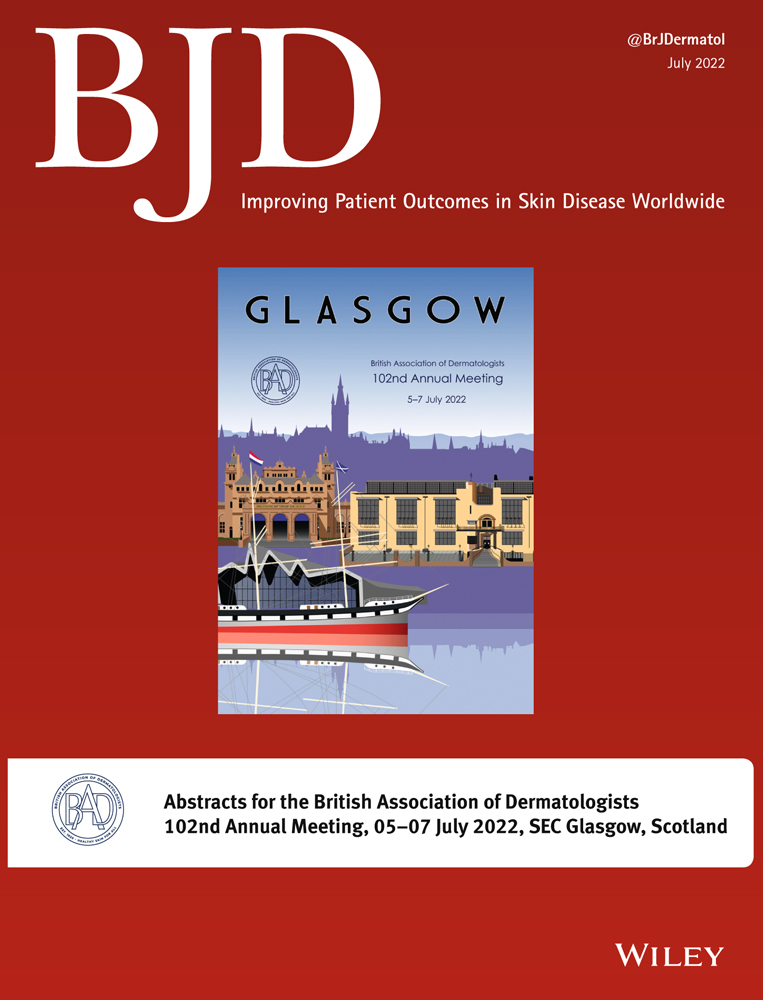CD17: Ironing water: an under-recognized source of contact allergens
Livia Francine Soriano,1 Shannon Kimberley Soriano2 and Deirdre Anne Buckley3
1University Hospital Southampton NHS Trust, Southampton, UK; 2University of the East Ramon Magsaysay Memorial Medical Center, Quezon City, Philippines; and 3Sulis Hospital, Bath, UK
Ironing water (‘linen water’) is a liquid added to an iron, steamer or directly to fabrics during ironing, to give a crisp finish and pleasant smell. Spray forms are aerosolized, while those added to irons produce a vapour. Such vapours may induce or elicit allergic contact dermatitis (ACD), and the presence of allergens in fabrics may directly cause cutaneous symptoms. ACD caused by methylchloroisothiazolinone/methylisothiazolinone (MCI/MI) in ironing water has been reported, including airborne ACD (Atkar R, Todd P. Contact allergy: a review of current problems from a clinical perspective. Contact Dermatitis 2016; 75: 316–17). In January 2022, a survey of ironing water products was conducted by visiting branches of 10 well-known UK supermarket chains and consulting websites of UK retailers, using the search terms ‘ironing water’ and ‘linen water’. The quality of labelling, constituents labelled, and number and type of common allergens listed were recorded. Fifty-one products were identified, including two aerosolized sprays. Isothiazolinones were present in 21 of 51 (41%): MCI/MI in 14 (27%) and both MI and benzisothiazolinone (BIT) together in seven (14%). All products contained fragrances, listed as ‘perfume’/‘fragrance’ (n = 33), lavender (n = 9; ‘lavandin grosso’, Lavandula angustifolia essential oil and lavender), nonspecific ‘essential oils’ (n = 6), hexyl cinnamal (n = 3), citronellol (n = 2), limonene (n = 2), linalool (n = 2) and butylphenyl methylpropional (Lilial®; n = 1). Three items were obviously fragranced but did not contain an ingredient listing. Other ingredients included benzyl alcohol (n = 3) and nonspecifically listed ‘preservatives’ or ‘preservation agents’ (n = 2). The maximum number of ingredients listed was 13. Thirty-six products were manufactured in the UK, six in France, two in Sweden, two in the USA, one in Spain and four were unstated. Owing to their high rates of sensitization, MI and MCI/MI have been banned in leave-on cosmetics in the European Union (EU) since 2018; however, this restriction does not apply to leave-on laundry products, classed as detergents. Lilial® will be banned for use in EU cosmetics in March 2022, after being found to be harmful to fertility. Constituents of ironing products are vaporized in the steam from the iron and may lead to severe dermatitis at exposed sites. Genital dermatitis has occurred from ironing water used on underwear. Patients may not suspect such a source of allergen and are unlikely to mention its use. It is important to consider ironing products as a source of allergen exposure in patients with sensitization to fragrances and isothiazolinones, including BIT.




